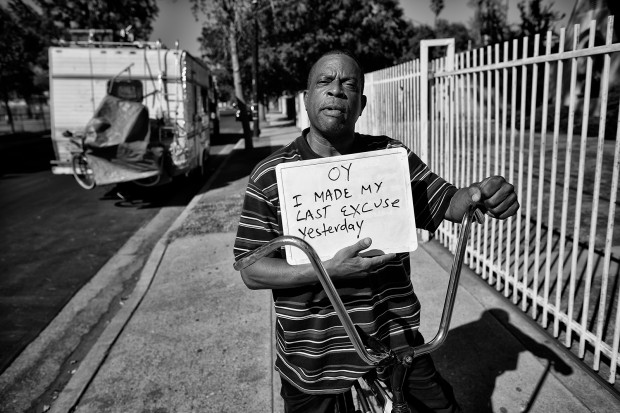Policy briefings, lobbyist meetings, and picket lines…this is the typical landscape we see and hear in the headlines of Washington. They all seem to be actions from a distant planet with unknown implications on our day-to-day lives. This blog series is designed to make federal housing and homelessness policy less alien and more accessible, and to explain what effect these important policies have on Waco, Texas.
But…why should we care?
 In graduate school, I had a professor who asked this question at the end of each student’s graduation thesis. Needless to say this is a question that is so fundamental that it feels like a punch to the gut after you are finished an important speech. But the question is worth asking with any social issue. Wacoans should care about housing and homelessness because of the social and economic impact these issues have in our community.
In graduate school, I had a professor who asked this question at the end of each student’s graduation thesis. Needless to say this is a question that is so fundamental that it feels like a punch to the gut after you are finished an important speech. But the question is worth asking with any social issue. Wacoans should care about housing and homelessness because of the social and economic impact these issues have in our community.
For example, consider the impact of homelessness on our children and youth. Homelessness is a growing problem among families, particularly families with children. If youth are subject to homelessness they are also subject to health hazards that are easily acquired by living on the streets such as communicable diseases . Also, children experiencing homelessness are four times more likely to show delayed development and twice as likely to have learning disabilities as non-homeless children .
Sadly, Youth are a growing demographic among America’s homeless. Nationwide, homelessness among K-12 age students saw a 10 percent rise from 1,065,794 to 1,168,354 . According to the US Department of Education, the Lone Star state is third among the top 10 states with the number of homeless students. Texas accounts for 94,624 homeless enrolled students; this represents an 11% increase between 2011-2012 .
These children are our future workers and leaders. The current social impact is clear, and we would also be wise to consider the long term economic impact of a future workforce that has not been able to study in a safe environment, a future workforce that is vulnerable to weather and disease. These deprivations during childhood can have a lasting negative impact on a person’s ability to get the education necessary to find a good-paying job. This in turn has a negative impact on the economic health of the whole community.
In addition to this kind of long term social impact, the immediate economic impact of homelessness is clear. A 2007 video produced by the City of Waco shows that the cost per chronically homeless person in Waco is $39,000. Approximately 15% of homeless population is chronically, or persistently, homeless. This 15% of the homeless population uses 50% of homeless services. The total cost of homelessness to our community is estimated at more than $7.6 million. Shelters, emergency rooms, police and correctional facilities are among the tax-funded programs used. One possible approach to this challenge is Permanent Supportive Housing. This kind of housing approach could potentially cut the cost of helping these chronically homeless individuals. Once chronically homeless individuals are housed, this could free up resources to help reduce episodic homelessness.
Affordable housing and a thoughtful approach to homelessness issues will have an impact on the current and future health of Waco. Housing has a direct tie to education, health, and the economic prosperity of our community. We should care about housing because it is critical.
The stakes are high. Familiarity with policies that drive local programs can help us actively participate in the continued improvement of our community.
Via: http://www.actlocallywaco.org/2013/11/03/why-should-we-care-about-housing-and-homelessness/
